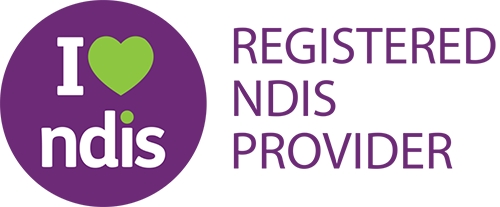How hard can it be to expect good help? Some may say that it is extremely difficult as no one really understands their core needs and desires. Some may say that it is easy to find good help through their own experiences with different resources and information. The reality is that good help can be hard to find if you don’t have the right tools to push you in the right direction.
The NDIA describe Support Coordination as.
“a capacity building support to implement all supports in a participant’s plan, including informal, mainstream, community and funded supports. Support coordinators work creatively and resourcefully with participants in how they utilise their support budgets to achieve their goals”
Lots of support means you are not eligible…
It can be an expectation that if you have a lot of support around you along the lines of friends and family you may not be eligible for support coordination in your NDIS plan. However, this is very far from the truth, the reality is, having that support is a great basis for what support coordination can help you with. The reason as to why this is, is because most of the time friends and family don’t have the adequate level of informal support that can assist the individual with making the right choices in their NDIS plan.
Funding depends of level of disability…
It is also expected that your funding for support coordination can depend on your type of disability. The reality is that the participants best chance of having support coordination in your NDIS plan is by highlighting the reasons why you want it. Your disability may include communication difficulties, changing or high health needs, complex support needs or multiple disabilities. So, by highlighting the need you feel for having a support coordinator in you plan can mean that you can receive the help you need.
Required to have a referral…
An expectation that can be formed, is that you need to be automatically referred to a support coordinator if you are participating within the NDIS. Many participants are being automatically referred to a support coordinator, but if you are willing and able to, take the time to find the right one for you. If done correctly support coordination can be hugely beneficial, so taking that on board, it is needed to find someone that suits your needs and will be flexible should anything change throughout the year.
Receiving the right support…
Another expectation that may be made is that support coordination is an internal referral channel. support coordination should not be considered a strategy for referring participants to other supports in an organisation. The reality is that this just should not be the case. Participant’s should be informed in conversation surrounding their needs within their NDIS plan and the opportunities that come with their plan. It is a necessity that those participants that are paying for a support are receiving what they need to ensure them that they are reaching their goals.
We will handle it all…
It has become an expectation that support coordinators with look after everything for you. The reality is this is not the case. Support coordination is about capacity building support that is designed to help participants develop the skills to coordinate their own supports down the track. The most important thing to take away for the service of a support coordinator is that their job is to work with you to help you to understand and get the best out of your plan and to find the ideal service providers that suit your individual needs, the participant still needs to choose the providers and are in control over the services they choose and when.



